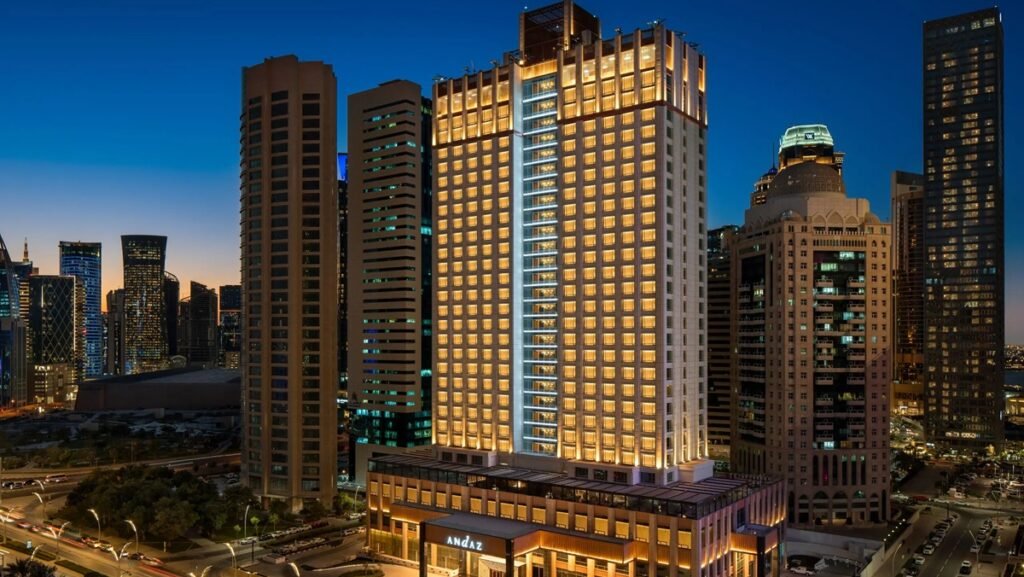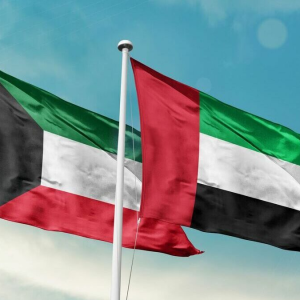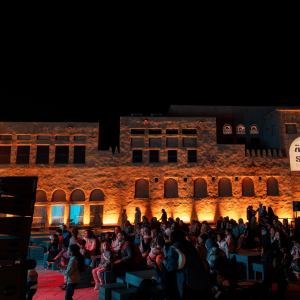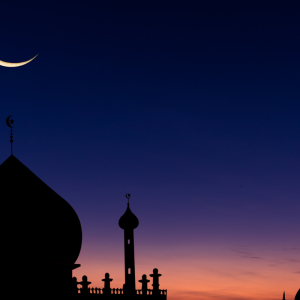Hyatt Hotels is growing fast in the Middle East—and the numbers show it’s working. The global hotel group has started 2025 on a strong note, with its first-quarter (Q1) results showing major improvements. One of the biggest reasons for this success is its focus on the Middle East, where Hyatt is adding new hotels and tapping into rising travel demand.
From new openings to long-term plans, Hyatt is betting big on this fast-growing region. And it’s already seeing strong returns.
Hyatt Middle East Expansion Key to Success
The Middle East has become one of Hyatt’s most important markets. Over the past few years, the company has launched new hotels in cities like Doha, Dubai, and Riyadh. These properties are attracting a mix of business travelers, tourists, and long-stay guests.

In Q1 2025, Hyatt saw a big boost in demand across the Middle East, thanks to:
- An increase in international tourism
- More regional events and conferences
- Growing demand for luxury and lifestyle hotels
This demand helped push up occupancy rates and allowed Hyatt to charge higher room prices, leading to more revenue overall.

Strong Q1 2025 Results for Hyatt
Here’s a quick look at Hyatt’s Q1 2025 financial highlights:
- Revenue per Available Room (RevPAR) rose by 5.7% compared to Q1 2024. This means rooms are being booked more often—and at better prices.
- Net Room Growth was 10.5%, meaning Hyatt added more rooms worldwide, many of them in the Middle East.
- Adjusted EBITDA climbed to $273 million, up more than 24% from the same time last year.
- Gross Fees rose 16.9%, reaching $307 million. This includes money earned from managing hotels and franchises.
These numbers show that Hyatt’s strategy is working—especially in the Middle East.
More Hyatt Hotels Coming to the Middle East

Hyatt isn’t stopping here. The company has a long-term plan to grow even more in the region. In Saudi Arabia, Hyatt wants to triple its number of hotels within five years. The kingdom’s rapid development and tourism goals make it a key market for global hospitality brands.
Some of the new Middle East properties include:
- Luxury lifestyle hotels like Andaz in Doha
- Modern business hotels under the Hyatt Place and Hyatt House brands
- High-end resorts targeting leisure travelers
Hyatt is offering a mix of styles and price points to appeal to different travelers—business guests, families, solo tourists, and luxury seekers.
Middle East Travel Trends Are Driving Growth
Several factors are making the Middle East a great market for Hyatt right now:
- Year-round travel: Warm weather and frequent events make cities like Dubai, Doha, and Riyadh busy almost all year.
- Big investments in tourism: Governments are spending heavily on tourism and infrastructure.
- More flight connections: Airlines are increasing routes to and from the region.
- Luxury demand: Many visitors are looking for premium experiences, from rooftop dining to spa services.
Hyatt’s variety of hotel brands—each with its own style—lets the company take advantage of these trends.
What Hyatt Expects for the Rest of 2025
Looking ahead, Hyatt is staying positive about the rest of the year. The company shared a few important predictions for 2025:
- RevPAR could grow between 1% and 3% for the full year.
- Net Room Growth is expected to be between 6% and 7%, as more hotels open.
- Adjusted EBITDA is expected to hit between $1.08 billion and $1.135 billion, even after selling some hotel properties last year.
Hyatt’s strategy of focusing on management and franchise models—rather than owning hotels—gives it flexibility to grow faster without taking on too much risk.
A Smart Strategy That’s Working

Hyatt’s focus on the Middle East isn’t just a short-term move. It’s part of a bigger plan to grow in regions with high potential. As more travelers visit the Middle East and as countries like Saudi Arabia open up to the world, Hyatt is positioning itself as one of the top hotel brands in the region.
By blending luxury, business, and lifestyle hotels, it can offer something for everyone—and stay ahead of the competition.
Conclusion: Hyatt’s Middle East Expansion Is Just Getting Started
Their Q1 2025 results prove one thing: its bold move to expand in the Middle East is paying off. With rising travel demand, smart hotel openings, and long-term goals in place, the hotel giant is on track for a strong year.
If the rest of 2025 continues like this, Hyatt could become the go-to hotel group for travelers across the Middle East—and beyond.
Read More: Filipino Companies in Dubai: 216 New Businesses Join Chamber in Q1 2025












